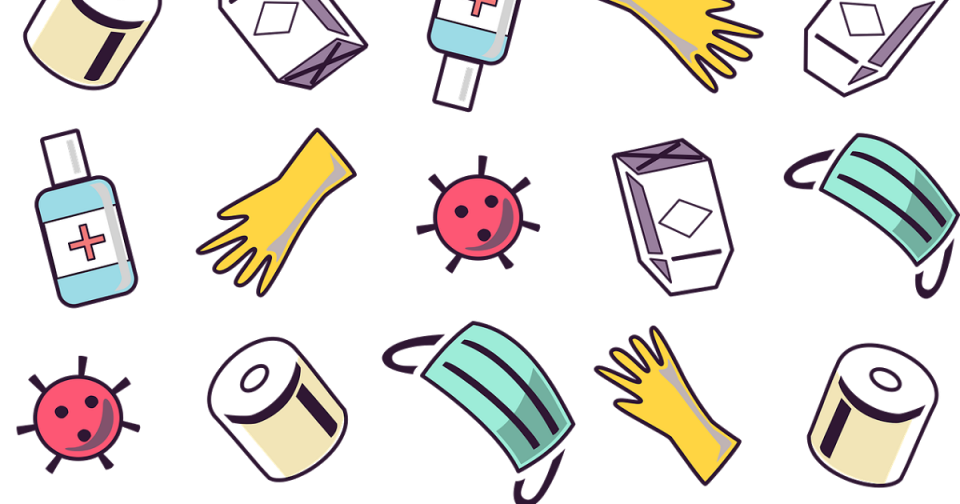This leads me to an important question: can the government learn a thing or two from procurement professionals and practices? The short answer is yes. Purchasing at a national level would make the United States more competitive on a global level leading to higher volume of fulfilled orders and a more competitive overall price. This would ensure that the leveraged buying power of the entire United States is effectively used to get us what we need, when we need it and for a more reasonable price. In this time of need cost is not necessarily the objective however speed, volume and efficiency are. These aspects can help save lives and make a difference in the community. Robust supply chains and best practices in procurement could be of great assistance in this arena. This extremely difficult situation truly highlights the necessity of a robust supply chain coupled with procurement methodologies to deliver much needed supplies in a crisis.
When all the dust settles and we are through the thick of this, people in power will have to seriously evaluate governmental procurement practices and try to mimic some of the best practices companies across the globe implement. If we were to ever face a pandemic crisis in the future our supply chains and procurement policies must be able to meet the influx of demand in the marketplace while rationalizing cost and efficiency. This will most definitely save lives, keep our healthcare workers safe and result in better outcomes for society. While we should be laser focused on the health crisis and the science behind savings lives in the current day, going forward it is important that we have a holistic approach that ensures effective procurement practices. You hear the word “procure” come out of politician’s mouths exponentially more these days, let’s make sure that they learn from this crisis that effective procurement is vital to an effective response in a pandemic.


